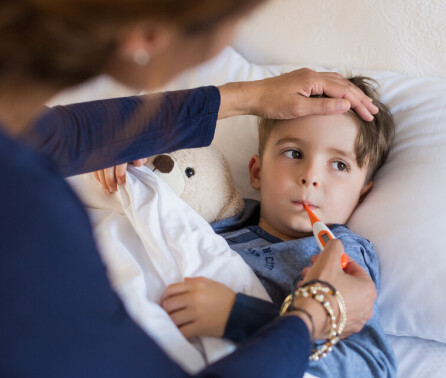BibTex format
@article{Deb:2018:10.1186/s13063-018-2601-z,
author = {Deb, S and Leeson, V and Aimola, L and Bodani, M and Li, L and Weaver, T and Sharp, D and Crawford, M},
doi = {10.1186/s13063-018-2601-z},
journal = {Trials},
title = {Aggression following traumatic brain injury: effectiveness of Risperidone (AFTER): study protocol for a feasibility randomised controlled trial},
url = {http://dx.doi.org/10.1186/s13063-018-2601-z},
volume = {19},
year = {2018}
}
RIS format (EndNote, RefMan)
TY - JOUR
AB - BackgroundTraumatic brain injury (TBI) is a major public health concern and many people develop long-lasting physical and neuropsychiatric consequences following a TBI. Despite the emphasis on physical rehabilitation, it is the emotional and behavioural consequences that have greater impact on people with TBI and their families. One such problem behaviour is aggression which can be directed towards others, towards property or towards the self. Aggression is reported to be common after TBI (37–71%) and causes major stress for patients and their families. Both drug and non-drug interventions are used to manage this challenging behaviour, but the evidence-base for these interventions is poor and no drugs are currently licensed for the treatment of aggression following TBI. The most commonly used drugs for this purpose are antipsychotics, particularly second-generation drugs such as risperidone. Despite this widespread use, randomised controlled trials (RCTs) of antipsychotic drugs, including risperidone, have not been conducted. We have, therefore, set out to test the feasibility of conducting an RCT of this drug for people who have aggressive behaviour following TBI.Methods/designWe will examine the feasibility of conducting a placebo-controlled, double-blind RCT of risperidone for the management of aggression in adults with TBI and also assess participants’ views about their experience of taking part in the study.We will randomise 50 TBI patients from secondary care services in four centres in London and Kent to up to 4 mg of risperidone orally or an inert placebo and follow them up 12 weeks later. Participants will be randomised to active or control treatment in a 1:1 ratio via an external and remote web-based randomisation service. Participants will be assessed at baseline and 12-week follow-up using a battery of assessment scales to measure changes in aggressive behaviour (MOAS, IRQ) as well as global functioning (GOS-E, CGI), quality of life (EQ-5D-5L
AU - Deb,S
AU - Leeson,V
AU - Aimola,L
AU - Bodani,M
AU - Li,L
AU - Weaver,T
AU - Sharp,D
AU - Crawford,M
DO - 10.1186/s13063-018-2601-z
PY - 2018///
SN - 1745-6215
TI - Aggression following traumatic brain injury: effectiveness of Risperidone (AFTER): study protocol for a feasibility randomised controlled trial
T2 - Trials
UR - http://dx.doi.org/10.1186/s13063-018-2601-z
UR - http://gateway.webofknowledge.com/gateway/Gateway.cgi?GWVersion=2&SrcApp=PARTNER_APP&SrcAuth=LinksAMR&KeyUT=WOS:000435865800001&DestLinkType=FullRecord&DestApp=ALL_WOS&UsrCustomerID=1ba7043ffcc86c417c072aa74d649202
UR - http://hdl.handle.net/10044/1/58425
VL - 19
ER -
